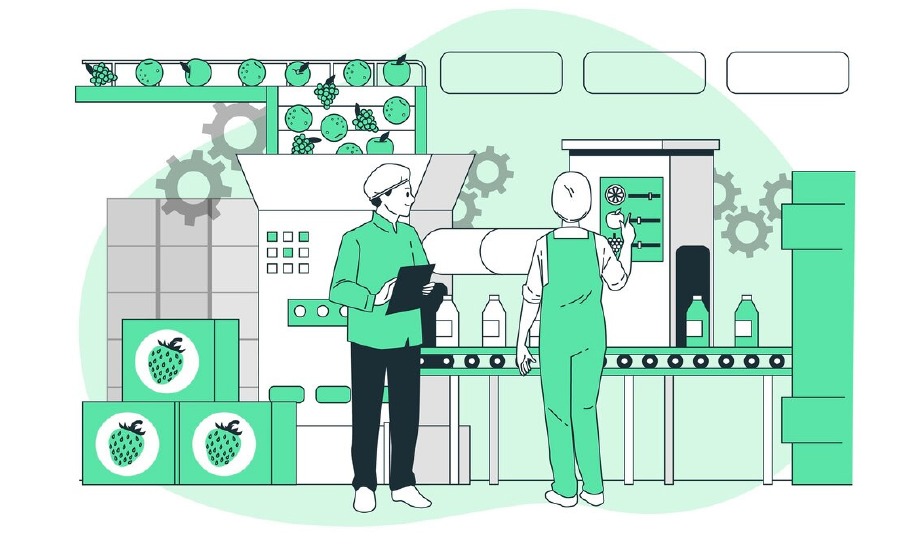Introduction
On April 8, 2025, Nigeria marked a major milestone in its agricultural development strategy with the launch of the Special Agro-Industrial Processing Zones (SAPZ) initiative in Kaduna State. A collaboration between the Federal Government, the African Development Bank (AfDB), and other development partners, the SAPZ program seeks to drive agro-industrialization, reduce food import dependency, and support inclusive economic growth.
Key Highlights of the SAPZ Initiative
- Phase One Launch: The first SAPZ facility has been inaugurated in Kaduna State, with additional zones planned in Cross River, Kano, Kwara, Imo, Ogun, Oyo, and the Federal Capital Territory.
- Focus on Food Security and Productivity: SAPZs aim to boost local agricultural output, modernize processing capabilities, and strengthen Nigeria’s food value chains.
- Infrastructure Development: Modern processing plants, storage facilities, and logistics hubs will be established within the zones to facilitate agro-industrial activities.
- Job Creation Potential: Each participating state is projected to generate over 60,000 new jobs, with emphasis on rural communities and youth empowerment.
- Investment Commitments: Phase One is backed by funding commitments of $200 million from the AfDB, along with contributions from the Islamic Development Bank, the International Fund for Agricultural Development, and the Green Climate Fund.
Implications for Stakeholders
- Increased Investment Opportunities: Businesses in agro-processing, logistics, manufacturing, and infrastructure sectors stand to benefit from the opportunities presented within SAPZs.
- Incentives and Government Support: Investors may access tax breaks, subsidies, and other incentives to encourage participation and expansion within the zones.
- Improved Market Access for Farmers: Direct linkages to processing facilities and improved storage infrastructure will enable farmers to increase sales, reduce post-harvest losses, and enhance product quality.
- Access to Inputs and Agricultural Support Services: SAPZs will provide farmers with better access to seeds, fertilizers, mechanization services, and technical support.
- Supply Chain Opportunities: Businesses offering warehousing, transportation, cold storage, and value chain services will find expanded market opportunities.
- Economic Diversification: SAPZs are positioned to accelerate Nigeria’s shift towards an agro-industrial economy, supporting broader national diversification efforts.
What Participants Should Know
- Participation and Access to SAPZ: Businesses and investors seeking to operate within SAPZs may be required to submit an expression of interest and/or application.
- Regulatory Compliance: Investors must ensure compliance with sector-specific licensing, environmental regulations, employment laws, and taxation frameworks governing SAPZ operations.
- Public-Private Partnerships (PPPs): Private sector engagement through PPP models may be essential for the delivery of infrastructure and efficient management of SAPZ projects.
- Strategic Investment Planning: Investors should assess long-term market opportunities, export potential, and government-supported incentives when structuring investments in SAPZs.
- Government Engagement and Approvals: Effective navigation of regulatory approvals and strategic engagement with relevant government agencies will be key to successful participation.
Stay Ahead with SimmonsCooper Partners
The launch of Nigeria’s SAPZ program creates significant opportunities across the agriculture and agro-processing value chains. However, the extent of these opportunities will depend on the effective implementation and management of the program across participating states.
For further information or legal advisory on the SAPZ program, contact us at info@scp-law.com or visit www.scp-law.com.





